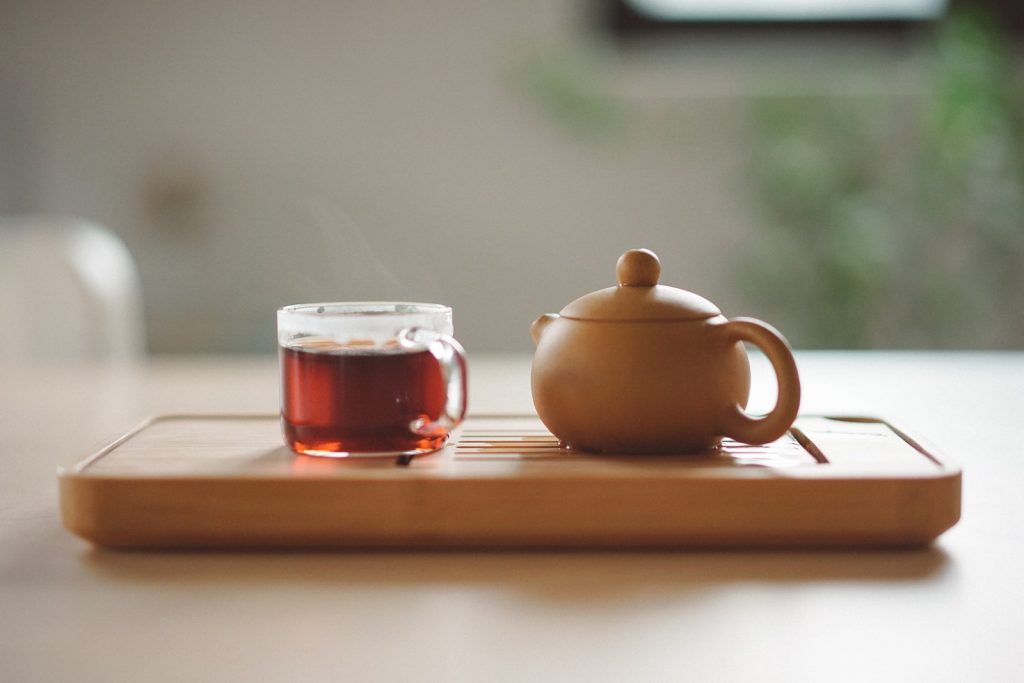Most people, most of the time, move more quickly than they need to. I’m not talking about running for the bus—I mean operating with an internal imperative, an over-revved engine, an agitated nervous system and an overactive mind that makes you drum your fingers while you wait for your coffee order, fidget with your phone when there is nothing you need from it, walk as if rushing because, well, just because it’s your habit. Moving quickly, while stressful, gives us a sense of purpose, as if pace and posture are saying: “Look how busy and important I am; I have no time to hang around.” “I have so much going on,” we boast to each other, as if we would prefer it to be otherwise. We tell each other: “I really need some space,” but as soon as you have some free time, do you just sit there, surrendering to the void? No, you fill it up with doing something!
Slowing down is an art and a practice. When we first moved to Moulin de Chaves, the meditation center in southwest France where I live and teach, the four floors of the main building had no rooms. No doors. No floorboards. No ceilings. We got busy renovating, planning retreats and managing the administrative and legal affairs, and during the first weeks there I would often find myself running up the four flights of stairs. My thoughts would already be at the top, fixated on where I was going and what I needed to do when I got there. And with the body playing catch-up, I’d be rushing up and leaping down the stairs all day.
Seeing this, I made a practice of slowing down. That doesn’t mean I never ran up the stairs, but I practiced not letting my mind leave my body—not getting ahead of myself. That one mindfulness exercise changed how I went through the day. The body relaxed a little, which was easeful, but more significantly, the mind slowed down. The inner relationship to moving and acting and doing changed. I felt more spacious, less rushed. I entered into that mysterious and counterintuitive truth that when you slow down, you have more time. Which doesn’t mean your clock moves any differently, but time is actually subjective. Rushing reinforces the sense of time pressure. You feel squeezed, busy, harassed by time. Slowing down conduces to ease, gentleness, and relaxation.
Until you really give attention to this, you probably don’t realize how much you rush. We even try to make tea quickly, though you cannot make the kettle boil faster. One of my teachers used to tell me, “There’s no such thing as waiting for something else.” There may be a good reason to move quickly. There is never a good reason to rush.
Reflection
Notice how you go up stairs. Or make tea. Or brush your teeth. Or get dressed. Or wash the dishes. Or do your grocery shopping. Feel for the inner imperative that makes you feel busy. That compresses your sense of self into a forward-pushing agent called me. Focused on what I’m doing and where I am going. What happens if you soften and slow, just a little bit? Feel how that changes your experience. Your sense of yourself. Your capacity for ease in the moment.
♦
Adapted from Awake Where You Are by Martin Aylward, Wisdom Publications, November 2021
For more, read another excerpt from Awake Where You Are, and listen to Aylward speak with Tricycle Editor-in-Chief James Shaheen and co-host Sharon Salzberg on an episode of Life As It Is.
Thank you for subscribing to Tricycle! As a nonprofit, we depend on readers like you to keep Buddhist teachings and practices widely available.
